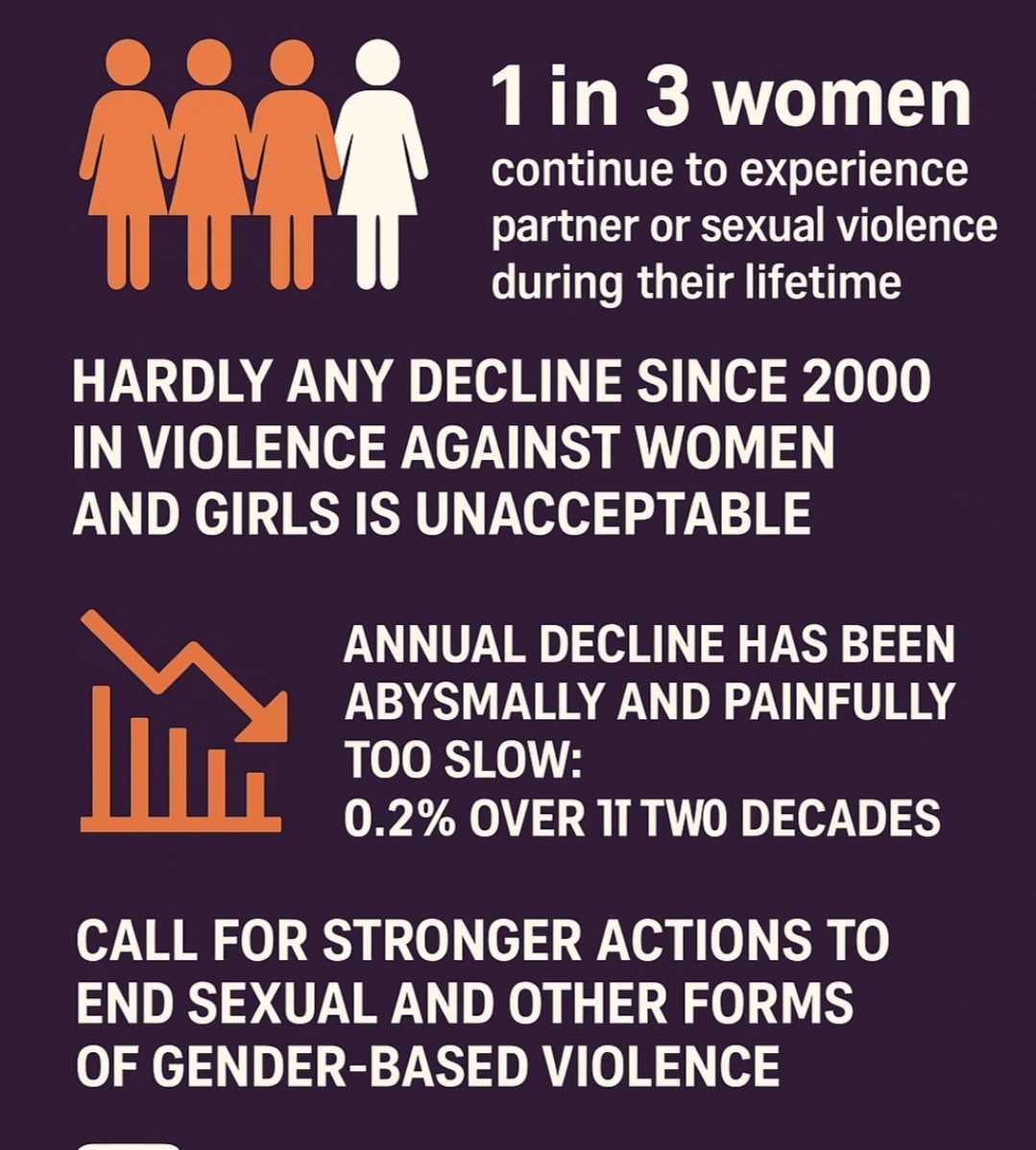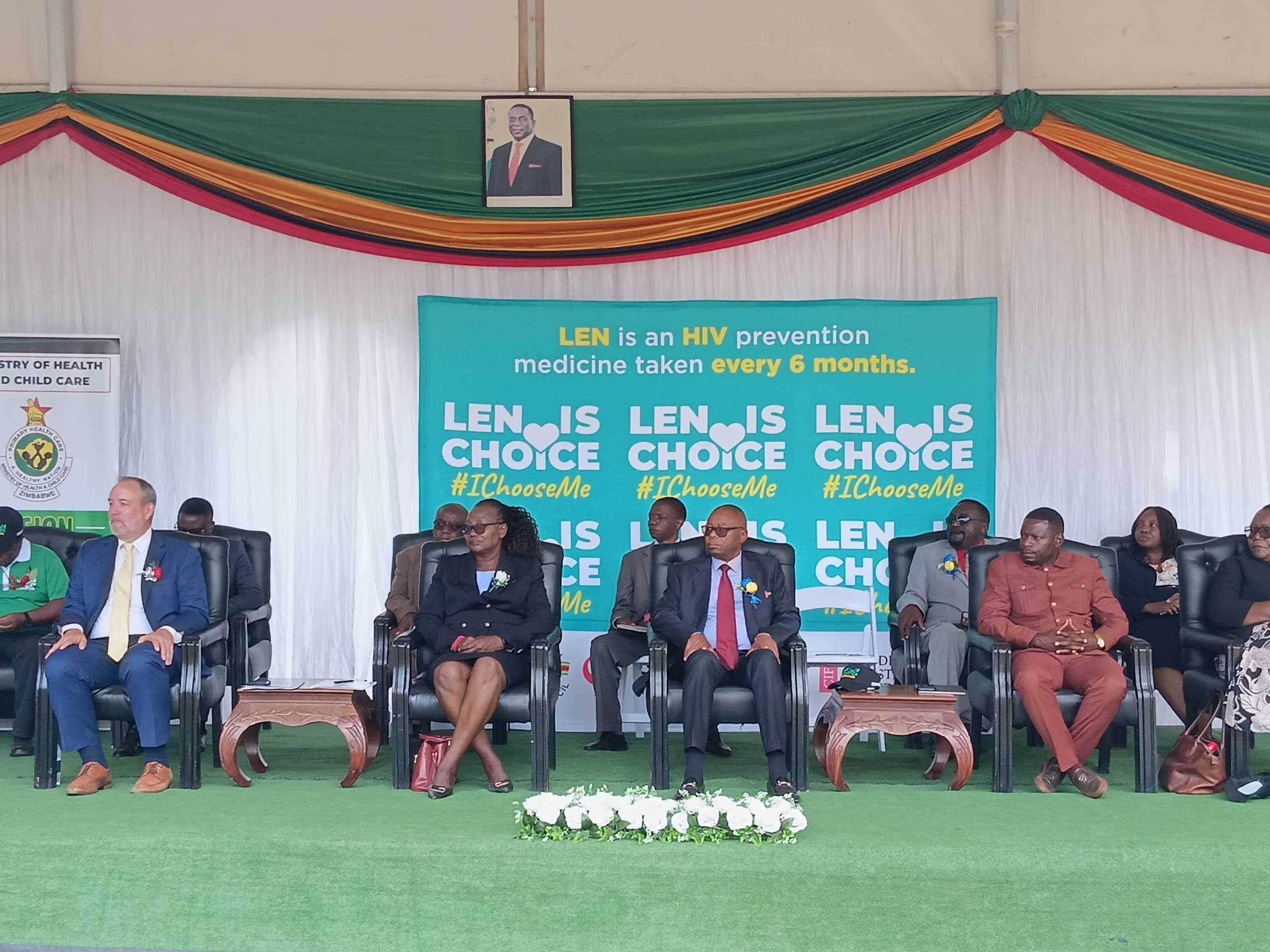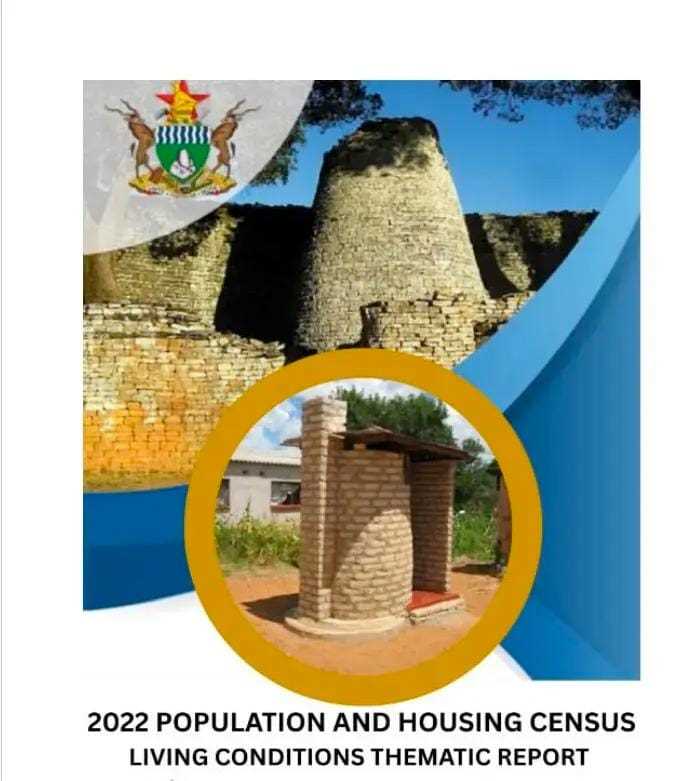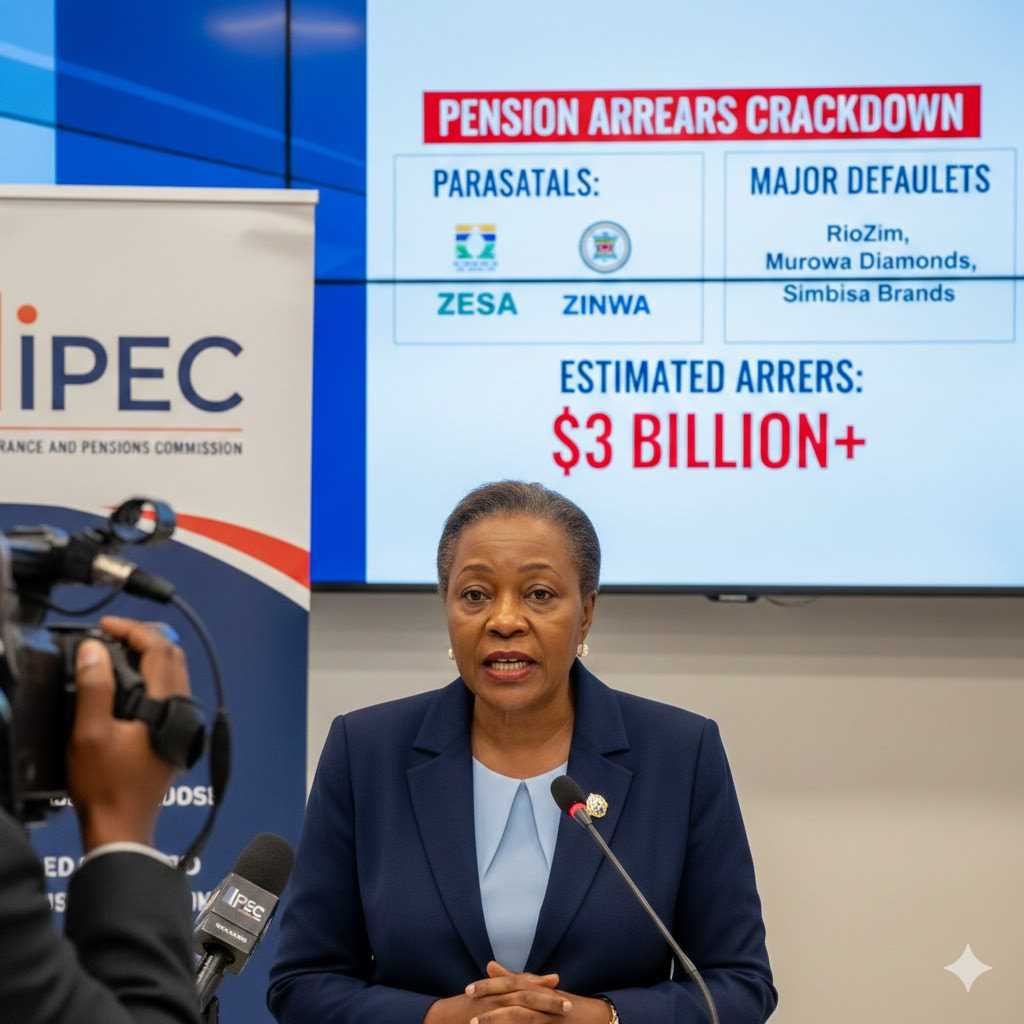
As the world marks the International Day for the Elimination of Violence Against Women and Girls on today, global health and rights advocates have raised alarm over the near-zero progress made in reducing violence against women over the past two decades.
According to SHE & Rights, the figures remain “unacceptable,” with global data showing that levels of violence have barely shifted since 2000 despite the issue being one of the most pervasive human rights violations worldwide.
“1 in 3 women continue to experience partner or sexual violence during their lifetime – year after year – with barely any change in this figure since 2000. The annual decline has been abysmally and painfully too slow: 0.2% over the past two decades,” said Shobha Shukla, Coordinator and Host of SHE & Rights.
She stressed that the statistics are vastly under-reported due to stigma, fear, and structural barriers that prevent survivors from coming forward. “Emotional violence is among the least reported,” she added.
The warning comes as the World Health Organisation reports collapsing global funding for violence prevention programmes, even as crises such as humanitarian emergencies, deepening inequality and new digital threats heighten risks for women and girls. In 2022, only 0.2% of global development aid was directed to violence prevention initiatives, and funding has fallen even further in 2025.
WHO Director-General Dr. Tedros Adhanom Ghebreyesus recently underscored the gravity of the situation, stating: “Violence against women is one of humanity’s oldest and most pervasive injustices, yet still one of the least acted upon.
"No society can call itself fair, safe or healthy while half its population lives in fear. Ending this violence is not only a matter of policy; it is a matter of dignity, equality and human rights.”
United Nations Special Rapporteur on the Right to Health, Dr. Tlaleng Mofokeng, emphasised that gender equality and the right to health are inseparable from violence prevention.
“We must invest in equity. Resourcing the movement is key, and that investment must be comprehensive and unrestricted… maternal health, sexual and reproductive health and rights, and universal health coverage must not be competing agendas.
They are all part of the same promise of human dignity,” she said.
Dr. Mofokeng warned that anti-rights narratives and restrictive policies are gaining ground globally, eroding hard-won gains in women’s rights.
“Access to sexual and reproductive health and rights is being restricted in ways we have not seen before. Healthcare workers and human rights defenders around the world are being silenced, and evidence-based policies are being replaced by ideology,” she added.
Related Stories
In 2024 alone, nearly one-quarter of the world’s countries experienced a backlash against women’s rights, according to regional and international monitors.
“The urgency to act, and to act together, has never been greater.
Around the world, SRHR are under threat. Regressive policies and shrinking solidarity are rolling back hard-won gains, especially for women, girls and marginalised communities,” said Alison Drayton, Assistant Secretary General at CARICOM.
She noted that the right to health is a binding legal obligation under international human rights law and must be enforced.
This position was echoed by Dr. Haileyesus Getahun, Founder and CEO of the Global Center for Health Diplomacy and Inclusion, who stressed state responsibility. “Right to health is not merely an obligation, it is a commitment… It entails deep commitment and obligation by governments to respect, protect and fulfil this right for everyone in their country,” he said.
Ahead of Universal Health Coverage Day on December 12, Dr. Getahun added: “Right to health is a gateway to universal health coverage… and sexual and reproductive health is an integral part of that right.”
Grassroots advocates warn that failures in integrating SRHR into health systems disproportionately harm young women, girls, and rural communities.
“Right to health for girls and women in marginalised communities still feels like a distant dream… When SRHR is not integrated as a right in universal health coverage, it takes a toll – and most of that toll is on the bodies of young girls and women,” said Aysha Amin, Founder of Baithak, Pakistan. She added that climate disasters further compound risks.
“When health facilities are washed away by floods, women are forced to give birth in unsafe, makeshift emergency rooms… adolescent girls manage menstruation without access to water, sanitation or hygiene, increasing risks of infections and gender-based violence. This is the cost we pay by not having SRHR integrated into policy,” she said.
Brazil’s Vice Minister of Health, Dr. Ana Luiza Caldas, emphasised that delivering quality healthcare requires listening to the communities most affected. “Access to quality healthcare should not be a privilege – it is a human right… We need to go to the communities, listen to their needs and take those lessons into account,” she said.
“By listening, we can find the methods to achieve every choice our population needs, including protection from sexually transmitted infections.”
To accelerate global progress and meaningfully improve the lives of women and girls, SHE & Rights is calling for urgent, well-funded government action to:
- scale up evidence-based, especially community-led, violence prevention programmes
- strengthen survivor-centred health, legal and social services
- invest in strong data systems that identify at-risk groups and track progress
- enforce laws and policies that uphold the rights, safety and dignity of women and girls




















Leave Comments